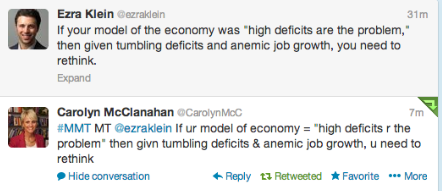This is the second installment in a three-part series correcting the NYT propaganda that seeks to transmute the SEC’s refusal to hold any of Lehman’s looters accountable for their myriad frauds. For the purposes of this article I assume that the reporters have accurately represented the SEC officials’ positions. I discuss the journalists’ analytical flaws. In my next column I’ll address critical facts excluded by the SEC and the reporters. Those facts demonstrate that Lehman was an “accounting control fraud.” The NYT article ends with this morality play about the SEC’s anti-enforcement “team”:
“The S.E.C. team also concluded that Repo 105 would not have been ‘material’ to investors because the firm’s leverage ratio was trending downward regardless of Repo 105.
That conclusion set off a wave of dissent inside the S.E.C. Senior accountants and the head of the S.E.C. unit that oversaw corporate disclosures questioned the findings. Ms. Schapiro urged Mr. Canellos to keep digging.
But Mr. Canellos, a former federal prosecutor who is now the co-head of the S.E.C.’s enforcement unit, did not budge. Despite the political pressure, he told colleagues at one of the meetings, they could not bring a case if the evidence was lacking.
‘Our job is to seek justice,’ he said.”












